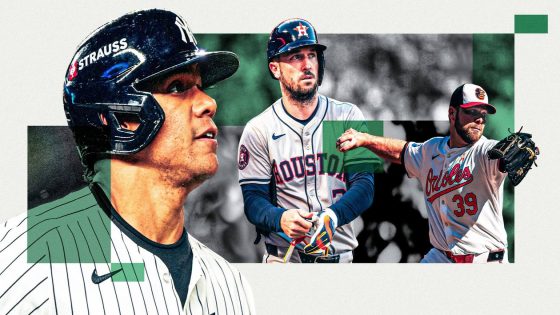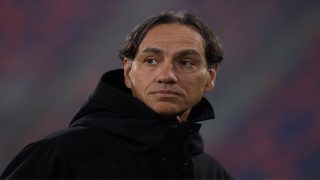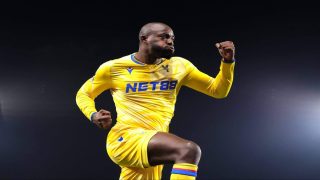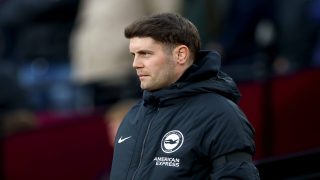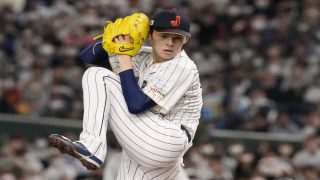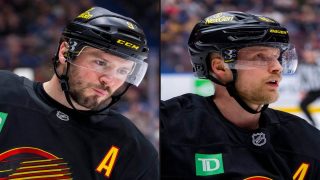On the final night of the baseball season, when the World Series is decided and the schedule empties, it’s common to count the days down to next spring — to pitchers and catchers reporting, to the opening of the Grapefruit and Cactus leagues, to Opening Day.
Or, you can count down the five days to the most fun part of the baseball calendar: the offseason.
Those five days are up: This here is your landing page for the 2024-25 MLB offseason. It’s The Athletic’s MLB Free Agent Big Board, comprised of our top 40 rankings (a composite of individual rankings by Jim Bowden, Tim Britton, Aaron Gleeman, Chad Jennings and Keith Law), stats breakdowns, contract projections, best fits and more. And whenever any player signs, check back here for instant analysis — how the fit works for the player and the team — all offseason long.
This year’s class is of course highlighted at the top by Juan Soto, the kind of player Scott Boras, his agent, will call “generational” and actually not be exaggerating. But Soto isn’t alone. Teams looking for an ace can choose among Corbin Burnes and Max Fried and Blake Snell and maybe Roki Sasaki. Teams hunting power can shop for Pete Alonso and Anthony Santander and Teoscar Hernández. Teams wanting late-game certainty can look at Tanner Scott and Jeff Hoffman and Blake Treinen.
And as much as you’ll hear about how everyone here shouldn’t make this much money, how spending in free agency never works, just check out the last two World Series champions. The Texas Rangers rode World Series MVP Corey Seager and Marcus Semien and Nathan Eovaldi to a title in 2023, and the Los Angeles Dodgers were lifted by World Series MVP Freddie Freeman and about-to-be-NL MVP Shohei Ohtani to a trophy in 2024. (No team signed more of our top 40 free agents last year than the Dodgers.) Winning in free agency often means winning next season.
Some bookkeeping: The player’s listed age is how old he’ll be on June 30 of next season (and thus what age he’s considered for the full season), the stats are from the 2024 season, the WAR is from FanGraphs, the best fits are alphabetical and you can filter through by position or search by name. Yes, yes, you’ll be mad certain big spenders are listed as a fit for pretty much every free agent. We’re just being realistic here.
Bookmark, star, Ctrl/Cmd+D depending on your preference, and check back in all winter. In the offseason, this page is always on.

Juan Soto
Last winter’s biggest free agents were Shohei Ohtani and Yoshinobu Yamamoto — the transcendent star and the talented pitcher who hit the open market at only 25. This year, Soto combines Ohtani’s all-world offense with Yamamoto’s youth; he’s the first star position player to hit free agency going into his age-26 season since Bryce Harper and Manny Machado six years ago.
It’s really not since Alex Rodriguez in 2001 that a free agent has hit the open market this young and this accomplished. And it helps that Soto is coming off the best season of his career and a remarkable postseason that showcased all he can do in the batter’s box.
Only his teammate Aaron Judge has a higher on-base percentage over the last three seasons; Soto’s never had one that didn’t start with a four. Only six players have hit more than his 76 home runs over the last two years.
The proposed deals will likely be similar to how Ohtani’s deal with Los Angeles was valued in present-day dollars, at 10 years and roughly $440 million. The question is less whether Soto reaches $500 million than whether he pushes it to $600 million.
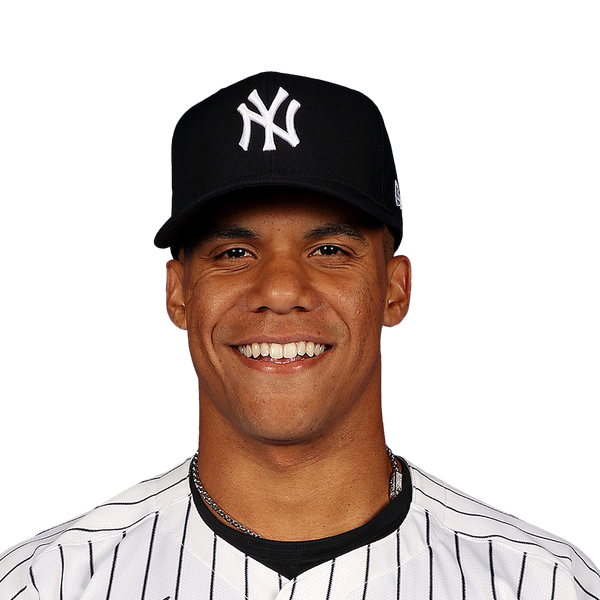

Corbin Burnes
Traded to the Orioles last winter, Burnes delivered ace-level performance for his new team. He ranked third in the American League in innings, fourth in ERA and 10th in strikeouts. He should see his name on Cy Young ballots for the fifth straight season, and he’s the best pitcher on the open market.
That said, Burnes’ once-brilliant strikeout rate has fallen in each of the last four years. When the right-hander won the Cy Young with Milwaukee in 2021, he struck out hitters 50 percent more often than the average pitcher. This past year, he struck out hitters two percent more often than the average pitcher. His trademark cutter doesn’t move with the same bite or generate as many swings-and-misses as it did when he was at his best.
A team pursuing Burnes will have to balance that trend with the exceptional track record of success he’s built since 2019. If you want an ace in free agency, this is still the guy.


Roki Sasaki
Few Japanese pitchers have been as heralded as Sasaki, who has been coveted internationally since he was a high schooler. This is a pitcher whose fastball has been clocked in the triple digits and who, at 20, threw a 19-strikeout perfect game (and backed it up with eight perfect innings and 14 Ks the next time out). The right-hander did take a step back in 2024, compiling the highest ERA of his young career, which was still about 30 percent better than the league average in NPB.
Sasaki’s overall track record over the last three seasons compares well to those of Yusei Kikuchi and Kodai Senga before they signed in the majors. The key difference is Sasaki is only entering his age-23 season, so a signing team gets the entirety of his prime.
There’s a really good chance, in fact, that Sasaki ends up being the most efficient free agent to add this winter. Because he’s not yet 25, Sasaki, if posted, will follow the Shohei Ohtani model, signing a minor-league contract and working through the arbitration system in the majors before hitting real free agency at six years of service time. As such, there isn’t a real bidding war here, with teams having to distinguish themselves in non-financial ways.


Max Fried
Fried’s value isn’t quite at its max, as it was following a Cy Young runner-up season in 2022. He missed chunks of time in 2023 with strains of his hamstring and forearm, and he wasn’t as consistently reliable in 2024, posting his highest ERA since 2019.
Oh, that ERA was still 3.25, and even in the last two down years, Fried has been a top-10 left-handed starter in the sport. Over the last five, only Houston’s Framber Valdez has been as good a lefty as Fried.
Fried’s strikeout rate was in line with that of Corbin Burnes, but the trendline isn’t a concern. This is how Fried has always worked, relying more on soft contact on the ground than swing-and-miss. That approach is often undervalued in free agency.
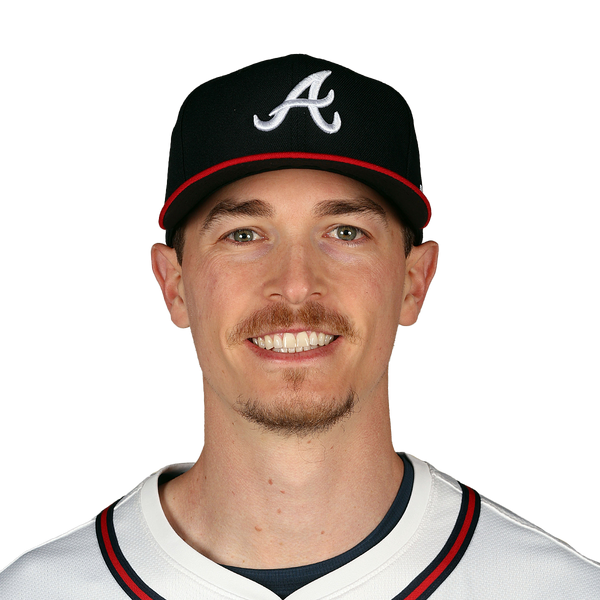

Blake Snell
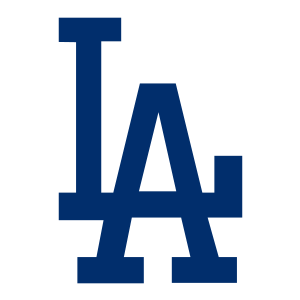
So here we are again. Snell is back on the market, and while he isn’t coming off a Cy Young campaign this go-around, his value in free agency should be close to what it was last winter. Snell recovered from a brutal start to his time in San Francisco, likely influenced by his late signing, to turn in another ridiculous second half.
Over the last two years, in games started from July 1 on, Snell’s team is 24-6 and he has pitched to a 1.29 ERA.
You’ll live with the slow starts to the season and the occasional in-game inconsistency for those bottom-line results later in the year.
The left-hander owns the sport’s second-best strikeout rate for a starter over the last five years, and when he’s on, he possesses unhittable stuff. (See: Aug. 2 at Cincinnati.) After his initial extension with Tampa Bay and last year’s foray into free agency, he’s now entering his age-32 season, which limits how long a deal may be.
This is a massive addition for the Dodgers, who add the two-time Cy Young Award winner to what has the potential to be one of baseball’s top rotations. It’s also a win for Snell and agent Scott Boras, who settled for a one-year deal last spring once his market played out poorly. But combined with this deal, Snell winds up with a total of $214 million over six years, which would have been a great outcome all along.
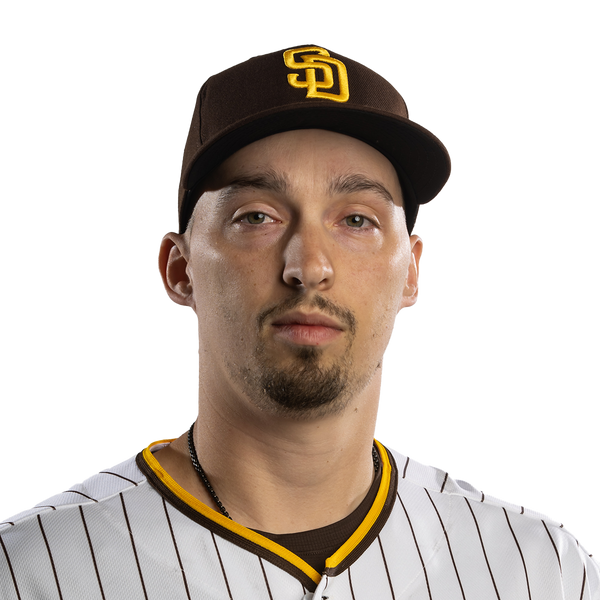

Willy Adames
Adames leveled up in 2024, setting new career highs in homers (32), RBIs (112) and wins above replacement (4.8, according to FanGraphs). And the shortstop is hitting free agency going into his age-29 season, a year younger than many of his peers.
The downside in 2024 came with the glove, where Adames was rated below average at short by defensive runs saved. (By outs above average, Adames went from second among shortstops in 2023 to 12th.) And a position switch, maybe sooner rather than later, will have to be baked into any long-term deal here.
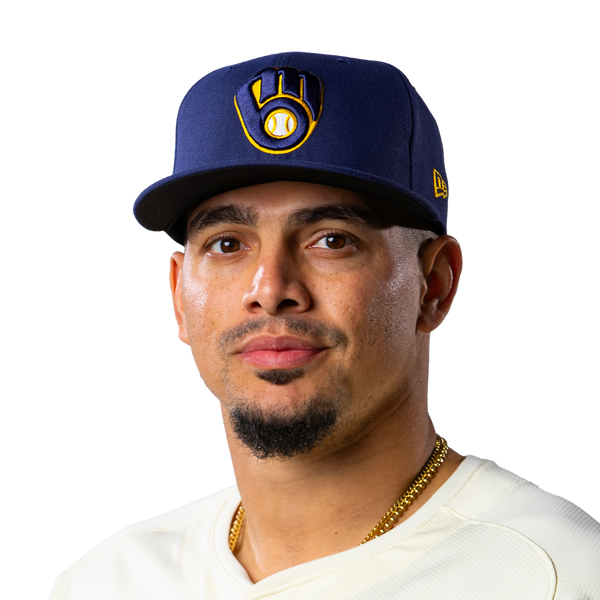

Alex Bregman
Bregman rebounded from a difficult start to the year to look basically like himself from mid-May on: an OPS around .850 with 25 homers in his last 108 games. There was one key difference from his past years, though: the collapse of his walk rate. After years spent in the teens, Bregman’s walk rate plummeted below seven percent. He attributed that earlier in the season to swinging too much, especially at borderline pitches, which led to weaker contact. He swung more than he had in any other full season in the major leagues, and he made more contact outside the strike zone than ever before.
Whether that’s an aberration or a trend will color how you feel about giving an otherwise stalwart performer a deal for six or seven years and close to $200 million. Bregman remains one of the game’s best all-around players, even if he’s five years removed from his best season, when he hit 40-plus homers and finished second in the AL MVP race in 2019.


Pete Alonso
A free agent is judged by a years-long track record and thousands of plate appearances — in Alonso’s case, more than 3,600 of them. And yet, a single one of them can be the most defining.
When Alonso stepped to the plate in the ninth inning of Game 3 of the Wild Card Series, he hadn’t delivered an extra-base hit in two weeks. He had just five hits in his previous 40 at-bats. He looked like a chief culprit in a first-round postseason exit. And then he smashed one of the best pitches in baseball for a go-ahead three-run homer, reminding the league what his power can do and propelling the Mets on a ride all the way to the NLCS.
Alonso finished the postseason with close to a 1.000 OPS, a big course correction from a pedestrian regular season. He’s a right-right first baseman on the wrong side of 30 who doesn’t do a whole lot beyond hit home runs — and even that he did less of in 2024. But he still does that one skill about as good as anyone in baseball, and he showed in October how meaningful it can be.
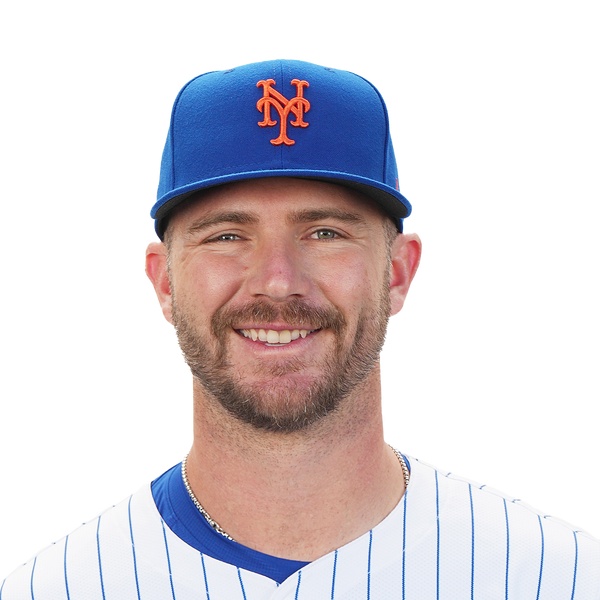

Anthony Santander
At this time eight years ago, Cleveland was deciding whether to protect Santander from the Rule 5 draft. They ultimately left him exposed, and the Baltimore Orioles took him with the final Major League selection of the 2016 Rule 5 draft. Santander became an Orioles mainstay and hit a career-high 44 home runs this season. He also made his first All-Star Game.
Having just turned 30, Santander is again available to any team, but the price tag has gone up considerably. He’s a switch hitter who offers reliable power without an astronomical strikeout rate, having slugged .476 over the past six seasons. He’s played a little bit of first base, but is otherwise limited to the outfield corners where he has a decent arm and below-average glove.
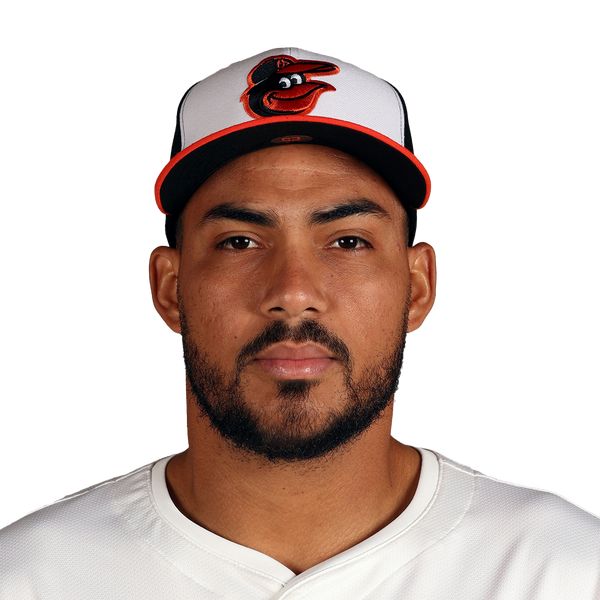

Jack Flaherty
For his sake, Flaherty hopes being a postseason Game 1 starter for a World Series champion translates better in this iteration of free agency than it did for Jordan Montgomery last year. Flaherty lived the pillow-contract dream in 2024: He signed a one-year deal with Detroit, pitched like an ace for four months, got traded to Los Angeles and pitched well enough to help anchor the rotation to a title.
The peripherals are really where Flaherty shined. Among free-agent starters, he owns the best strikeout-to-walk ratio and the second-best strikeout rate (behind Blake Snell). Plus, he’s the only starter hitting free agency while still in his 20s — another perk of sticking to a one-year deal last winter.
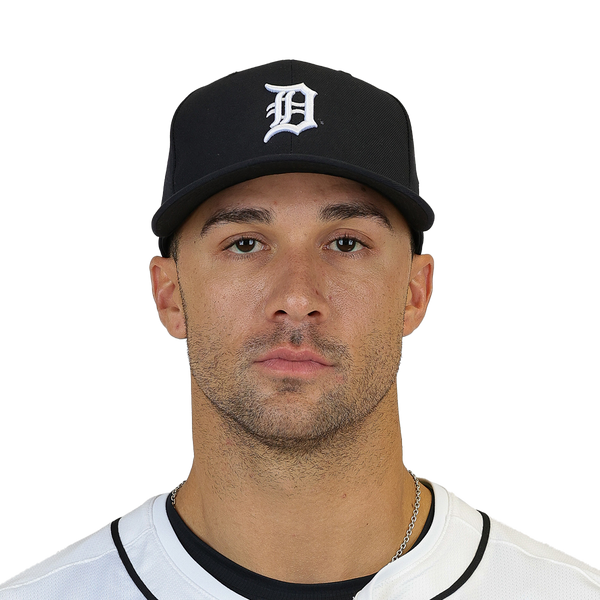

Teoscar Hernández
Unsatisfied with the lukewarm multi-year deals he was offered last winter, Hernández signed a one-year pact with the Dodgers and delivered one of the best seasons of his career. He won the Home Run Derby, came through with a couple clutch postseason knocks, came within an RBI of a 30/100 season, cut down his strikeouts and upped his walks and thus his on-base percentage.
Hernández is never going to be confused with a contact hitter or an above-average defender in the corner outfield. But he’s not necessarily a liability with the glove, and his prodigious power helps mitigate his tendency to strike out. He may not be a star, but he’s a useful middle-of-the-order presence for a championship club.


Sean Manaea
Who among us hasn’t stepped into the backyard, grabbed a wiffle-ball bat and mimicked a favorite stance — Gary Sheffield’s waggle or Jeff Bagwell’s crouch or Tony Batista’s look-you-straight-in-the-eye set-up? Such was the spirit animating Manaea’s decision, four months into a moderately successful bounceback campaign, to just pitch like Chris Sale.
Now, when you or I pretend to be Sheffield in the backyard, we don’t become a 500-homer hitter. When Manaea started throwing like Sale, well, he started performing an awful lot like the Cy Young candidate. From that point in late July forward, he led baseball in innings, with an ERA just over 3.00 and a top-10 strikeout rate among starters. He carried that into the postseason, with excellent starts against the Phillies and Dodgers before running out of gas in the final game of the NLCS.
Manaea thus re-enters free agency in a far stronger position than each of the last two winters, when he signed two-year deals with opt-outs. He’s positioned himself as a potential No. 2 starter who should sign for at least three years.
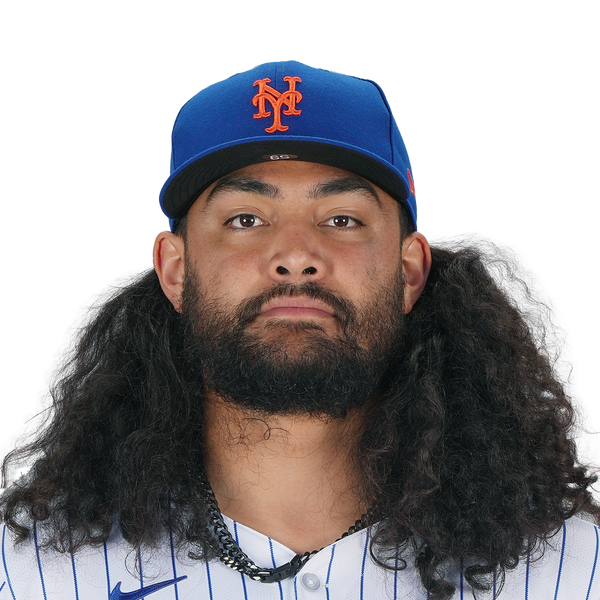

Nathan Eovaldi
Injuries have plagued Eovaldi throughout his career, but when healthy, he has been a steady starting pitcher. He’s been noticeably better in his 30s than he was in his 20s. Over the past three seasons, Eovaldi averaged 25 starts with a 3.76 ERA. He doesn’t strike out a ton of batters, but he doesn’t walk a ton either (since 2022, Eovaldi ranks 21st in strikeout-to-walk ratio, in between Cy Young winners Corbin Burnes and Sandy Alcantara). He’s coming off another solid year with a 1.107 WHIP and 3.80 ERA across 29 starts, the third-most in his career.
Contenders in need of a veteran presence — but not necessarily 180-plus innings — could see Eovaldi as a mid-rotation presence whose big-game experience looms large come October. His postseason track record is impeccable, and Evoaldi has already won championships with the Red Sox and Rangers.
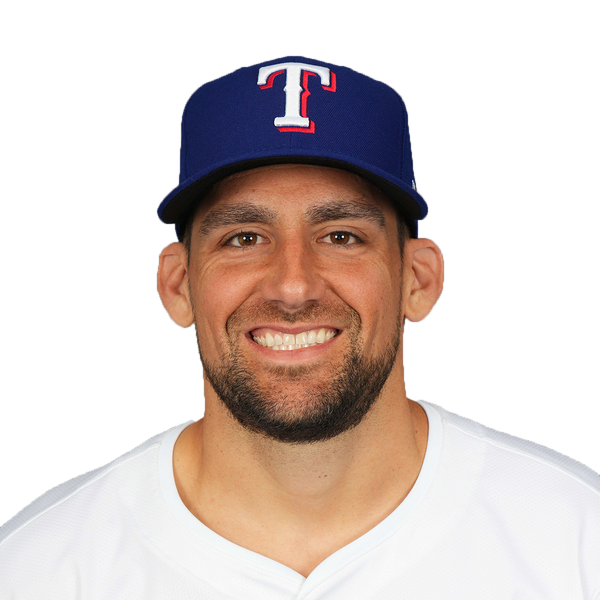

Yusei Kikuchi

Many questioned the Astros at the trade deadline for giving up a valuable three-prospect package for Kikuchi, who, at the time, had a 4.75 ERA with the Blue Jays. With the Astros, though, Kikuchi threw fewer curveballs and more sliders, and he delivered a 2.70 ERA over the season’s final two months. His free agent value might depend on whether teams believe that late-season change had unlocked a higher level.
Prior to the end of last season, Kikuchi had been more steady than sensational. He was an All-Star in 2021 but finished that season with a slightly below-average 93 ERA+, and he has an underwhelming 91 ERA+ for his career. The past two seasons, though, Kikuchi has an above-average 105 ERA+ while making 32 starts each year. He could offer dependability with, perhaps, some upside if he can maintain those late-season improvements.
Our own Tim Britton gets a homer for nailing Kikuchi’s exact contract projection at three years and $63 million. As for the deal itself, it’s a logical midpoint between the inconsistent and often mediocre pitcher Kikuchi has been for most of his MLB career and the front-line starter he was after the trade to Houston. His landing with the Angels rather than a more traditional contender is the only surprise.
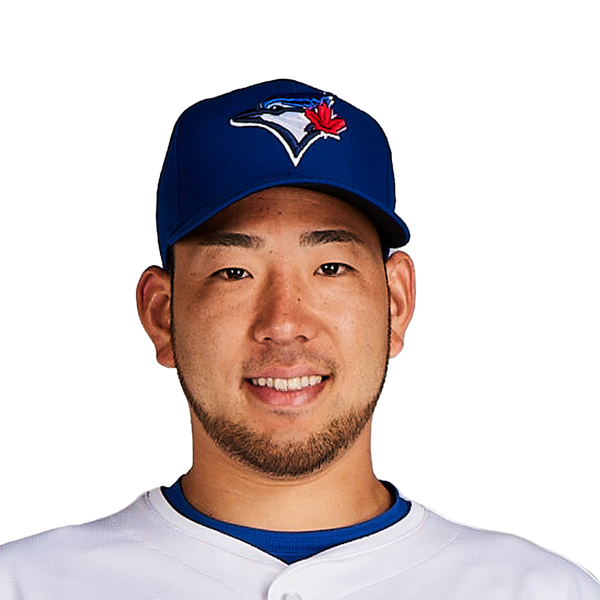

Christian Walker
Christian Walker didn’t get regular playing time in the majors until age 28, but the late-blooming slugger has turned into one of MLB’s best all-around first basemen. He’s topped an .800 OPS and won a Gold Glove award in three straight seasons while averaging 32 homers per 150 games. One of baseball’s premier defenders, Walker led all NL first basemen with 14 Outs Above Average in 2024.
He might be too old to secure a big long-term payday, but Walker should have a sizable short-term market and could be seen by some teams as an appealing alternative to Pete Alonso given the likely massive gap in price tag.
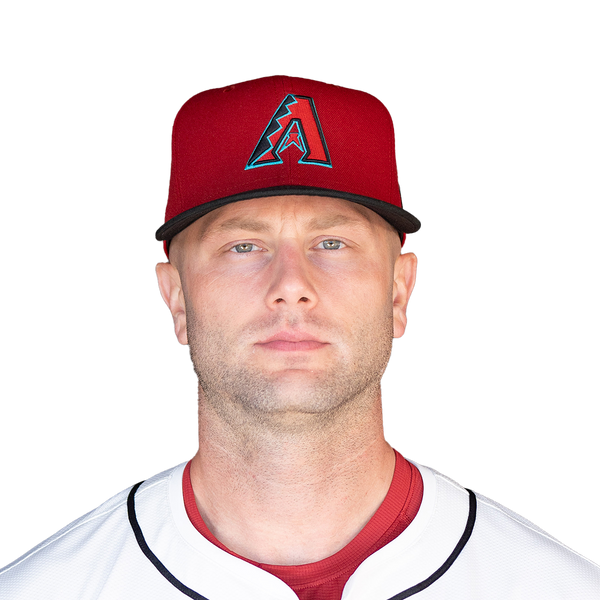

Ha-Seong Kim
September shoulder surgery came at the worst possible time for Kim, who was unavailable to the Padres in the playoffs and now has a big question mark attached to his free agency. He’s unlikely to be ready by Opening Day, and any loss of arm strength would put a dent in his value. At 29 years old, Kim is young enough to secure a multi-year deal as the second-best shortstop on the market behind Willy Adames.
He’s an excellent fielder with a career .706 OPS that’s slightly above league average for the defense-driven position. He’s also proven to be a standout second baseman if a move is needed.
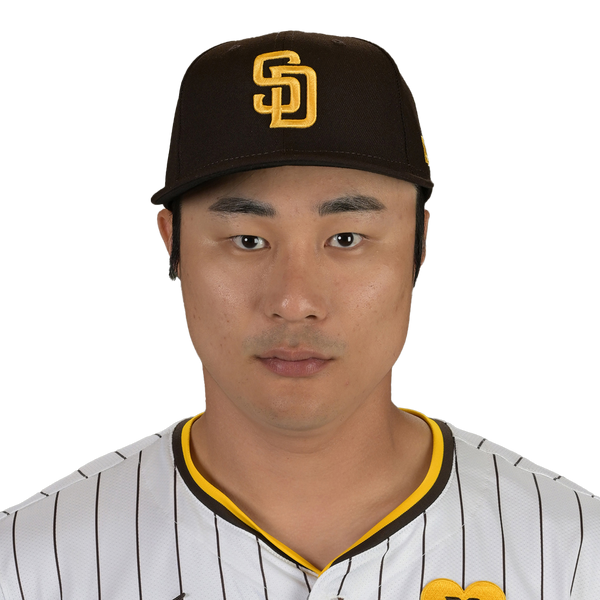

Jurickson Profar
It took more than a decade after he was baseball’s No. 1 prospect, but Profar finally had an All-Star season. Available for just $1 million last offseason thanks to a terrible 2023 campaign, Profar blew away his previous career highs in nearly every major category by combining elite-level hard-hit metrics with one of the league’s lowest strikeout rates.
Still, most of the ex-shortstop’s defensive flexibility is long gone, and Profar still hasn’t produced an above-average OPS in consecutive years, so a sizable multi-year investment would carry a lot of risk — or at least require a lot of faith that this is his new normal.


Gleyber Torres
An All-Star in each of his first two Major League seasons, Torres has settled in as more of a good everyday player than a great one. He hasn’t been an All-Star since 2019, and since 2020 he ranks 12th among Major League second basemen in fWAR. He’s an above-average hitter (109 wRC+ the past five years) but has negative defensive metrics.
However, a strong second half did give Torres a solid platform year heading into free agency. After struggling early in the season, Torres had a .780 OPS after the All-Star break and a .744 OPS in the playoffs. He was the Yankees’ leadoff hitter late in the season and proved himself as a capable table-setter. Torres might not be the superstar many expected, but at a position that’s relatively thin, plenty of teams could see him as a worthwhile upgrade.
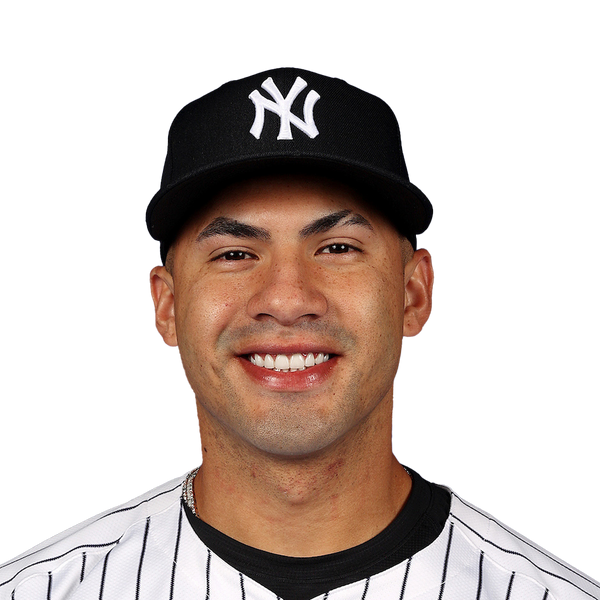

Tanner Scott
Tantalizing but extremely wild early in his career, Scott has emerged as one of the game’s top left-handed relievers by improving his walk rate from abysmal to merely run-of-the-mill bad. He was a first-time All-Star last season, despite walking 4.5 per nine innings, because his upper-90s fastball and high-80s slider are among the most overpowering combos in baseball.
Scott has a 2.04 ERA with 188 strikeouts in 150 innings over the past two seasons while shutting down both lefties (.167) and righties (.194), making him a near-lock to secure the biggest payday of any reliever in this free-agent class, even if some teams are scared away by his erratic pre-2023 work.
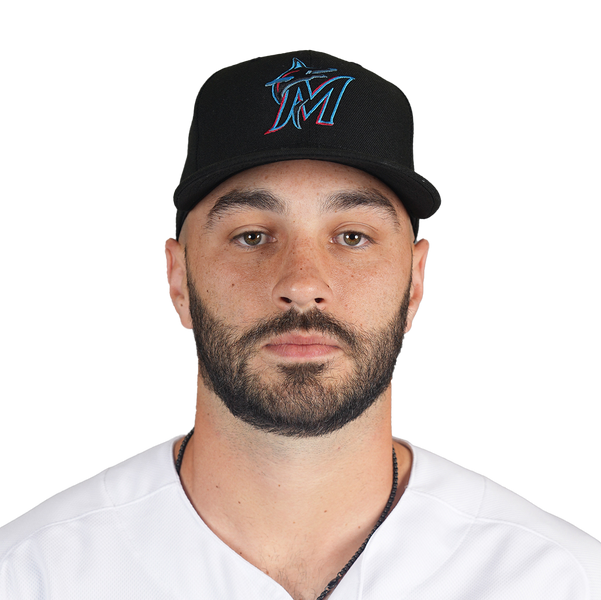

Shane Bieber
Bieber appeared to be back to his Cy Young-winning form by beginning the season with a 20-to-1 strikeout-to-walk ratio over 12 scoreless innings, but that came to a screeching halt with Tommy John surgery in mid-April. His rehab will likely stretch into next season, so Bieber might have to choose between a short-term deal driven by incentives or a longer-term deal for a discounted annual salary.
Interested suitors will have to decide how much those two great April starts canceled out what had been a multi-year deadline in which Bieber’s strikeout rate plummeted from 41 percent in 2020 to 20 percent in 2023. At his healthiest, Bieber is one of baseball’s elite starters, but no one can be certain that version still exists.


Walker Buehler
It was a very fruitful October for Buehler, who shined during the Dodgers’ title run to end his comeback from Tommy John surgery on a high note after mostly struggling in the regular season. Buehler had a career 3.02 ERA with 690 strikeouts in 630 innings before going under the knife for the second time in late 2022, so some teams could view this as a chance to lock in a front-line starter to a below-market long-term deal.
But he’s also still young enough to opt for a one-year deal to fully recoup his value with an eye on a huge payday next offseason. Either way, any window to sign Buehler to a bargain-rate contract surely closed after his Game 5 heroics.
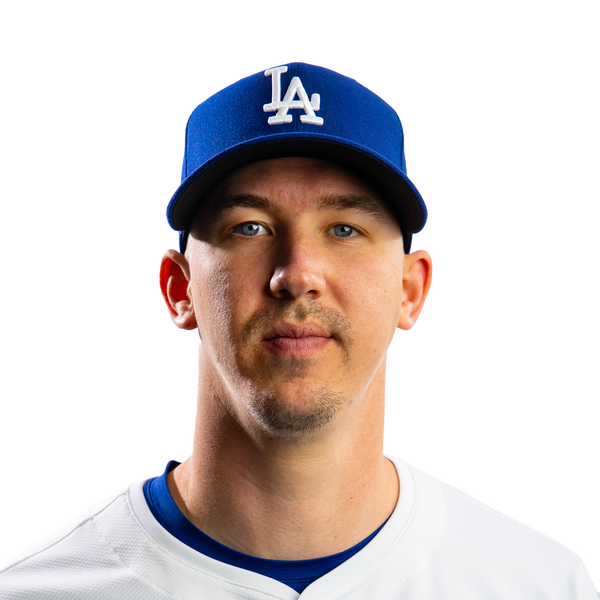

Tyler O’Neill
Health issues and inconsistent playing time have dogged O’Neill for much of his career, but when healthy, he’s provided an intriguing mix of power, speed and defense. This past season was his first outside of the Cardinals organization, and O’Neill largely returned to form with the Red Sox. He hit 31 home runs and slugged .511, but he also played only 113 games as he went on the IL three times and the Red Sox regularly limited his workload in an effort to keep him healthy.
At his best, O’Neill can be a valuable run producer, and he’s won two Gold Gloves in left field. His sprint speed was down the past two years — it used to be elite — but he still moves well for a power hitter. His strikeout rate was up this season, but so was his walk rate. He has been especially productive against lefties (.923 career OPS) and won’t turn 30 until late June.


Luis Severino
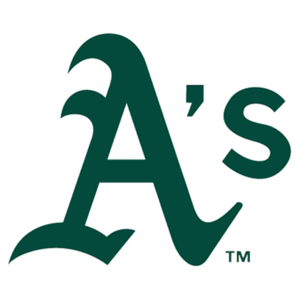
Starters who sign for one year generally fall into two different buckets: the back-end innings eaters, and the risk/reward arms where you hope to recapture the past. The Mets thought they were getting the latter with Severino, and instead he became a high-end version of the former.
Utilizing a sinker for soft contact and early outs, Severino made 31 regular-season starts and threw 182 innings — or nearly as many as he’d compiled in his previous five seasons combined. He was a reliable mid-rotation starter for New York, consistently keeping the Mets in games and taking big starts in the postseason. With his health and innings re-established, Severino thinks there’s more in the tank, notably how to bring back an elevated strikeout rate.
It’s probably an overpay, but that might also be what it takes to get a veteran to commit to multiple years with a franchise this unstable. For the A’s, this deal offers stability with upside. If Severino can simply repeat his 2024 results, he’ll be a solid innings eater who gives their young offense a chance to win. If he can improve his strikeout rate, he could perhaps be a little more than that. For Severino, it’s a richer-than-expected payday that lets him be a No. 1 starter again, and if that goes especially well — if his strikeouts do improve — he can opt out before he turns 33 and try to cash in one more time.
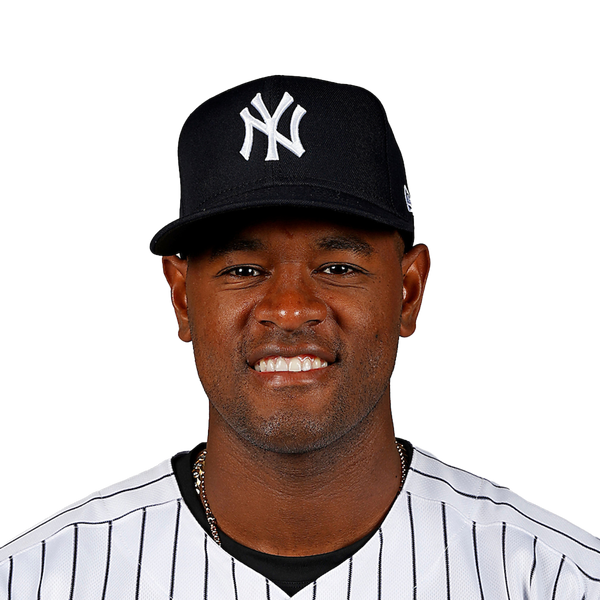

Jeff Hoffman
Hoffman was a bust until, quite suddenly, he wasn’t. Drafted ninth overall in 2014, Hoffman bounced through four organizations before, at age 30, signing a minor league deal with the Phillies in March of 2023. In the two years since, he’s been one of the best relievers in baseball with a 0.94 WHIP, 12 strikeouts per nine innings, and the 14th-best Win Probability Added. He’s coming off a career-best 10 saves, 2.17 ERA, and his first All-Star selection.
Hoffman throws mostly fastballs and sliders, with a split finger for left-handed hitters, and despite his limited ninth-inning experience, he should be one of the most coveted relievers on the market. Hoffman’s never made more than $2.2 million a year. That’s about to change.
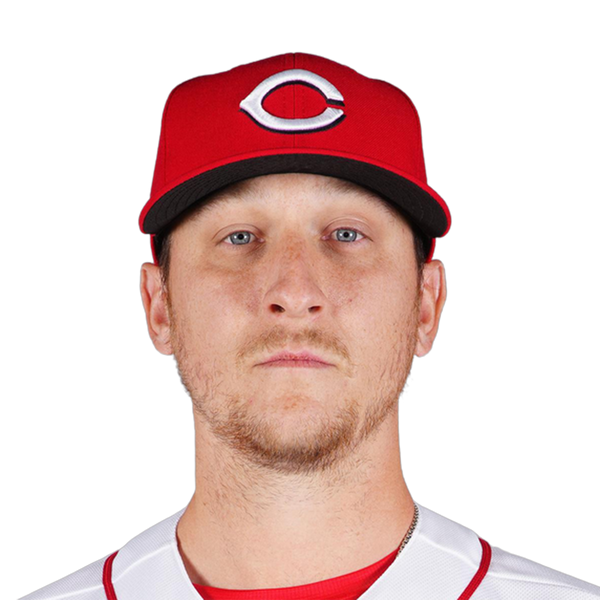

Nick Martinez
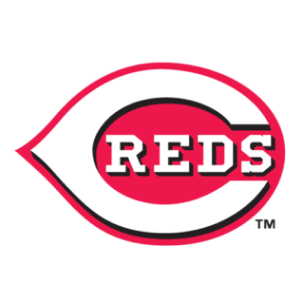
Martinez has been so effective as a swingman since returning from Japan in 2022 that it seems inevitable he’ll get a well-paid chance at a full-time starting gig. He’s topped 100 innings with a sub-3.50 ERA in three straight seasons, making at least nine starts in each year.
And while his 2.98 ERA as a multi-inning reliever is very good, his 3.62 ERA in 35 total starts is what should get Martinez paid enough to justify turning down his $12 million player option with the Reds for 2025. He received a surprising qualifying offer, which would guarantee him $21 million if accepted. Martinez isn’t without risk due to the limited track record, but he has the deep pitch mix of a starter and could have untapped upside.
Of the 13 free agents to receive a qualifying offer, Martinez was the only player to accept the one-year, $21.05 million contract. He opted to return to the Reds despite reports of multi-year interest from other teams, choosing a bigger 2025 salary over a longer-term deal. It’s a good outcome for the Reds and a risk for Martinez at 34, but he’ll be a free agent next offseason without draft-pick compensation attached.
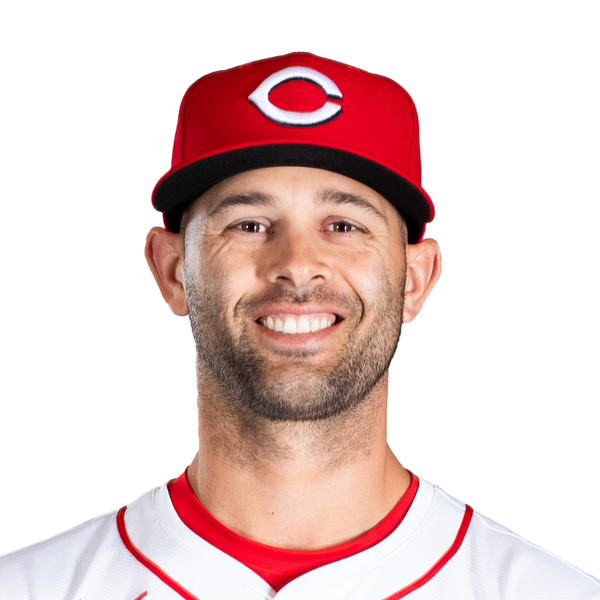

Joc Pederson
Playing for his fifth team in five years, Pederson had his best season at 32 years old. Now, he’s back on the market for any contenders in need of a left-handed thump. Pederson lost a ton of speed and athleticism, and is now more of a beefed-up designated hitter than a corner outfielder, but he can always mash right-handed pitching and he’s improved his plate discipline, too.
He’s one of the market’s best lefty bats, hitting .267 with an .870 OPS against righties over the past three seasons, but a lack of defensive value and platoon-worthy struggles against lefties shrink his potential options. Something similar to last winter’s one-year, $12.5 million deal makes the most sense.
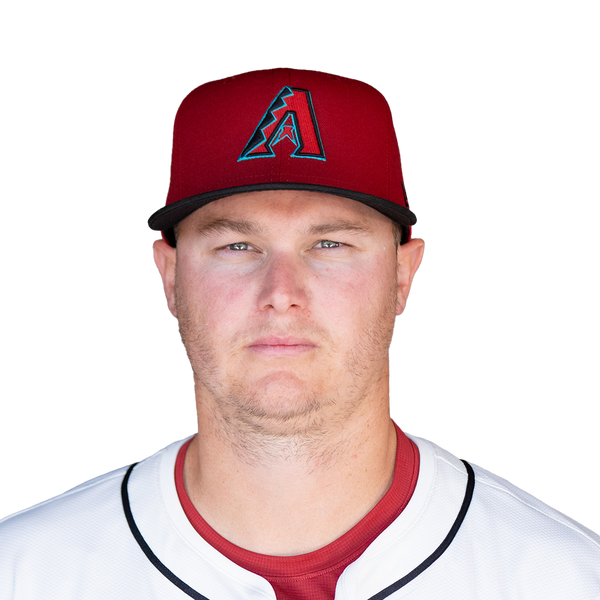

Clay Holmes
Acquired by the Yankees at the 2021 trade deadline, Holmes was little more than a middle-innings arm with a 5.57 career ERA. Keyword: was. He quickly blossomed into a legitimate closer, earning two All-Star nominations through his age-31 season.
With a sinker/sweeper mix, Holmes had 74 saves and a 2.69 ERA in his three-plus seasons with the Yankees. He was an All-Star again in 2024, and although he lost the closer job late in the year, he returned to form in the playoffs and was crucial in getting the Yankees to the World Series. Interested teams could see him as a closer or as a veteran bridge to the ninth inning, either of which would be far more valuable than what the Yankees seemed to be getting a little more than three years ago.
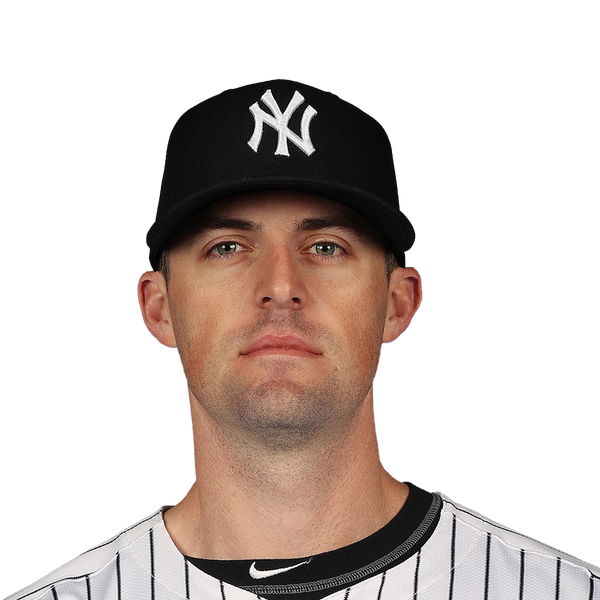

Carlos Estévez
An All-Star closer with the Angels in 2023, Estévez was even better in 2024. His strikeout rate dipped, but his walk rate plummeted, and he did a far better job at limiting runs. The Phillies traded for him at the deadline, and he finished the campaign with 26 saves, a 2.45 ERA, and 0.91 WHIP with 8.2 strikeouts and 2.0 walks per nine.
Estévez leans heavily on a 97-mph fastball and complements it with a slider and the occasional changeup. His strikeout rate has fluctuated over the years, and 2024 marked a significant improvement in his walk rate. He’s one of several free agent relievers who has experience as both a setup man and as a closer.


Paul Goldschmidt
For the first time in his career, Paul Goldschmidt was classified as a below-average hitter, after posting career-worst numbers across the board. Just two seasons removed from a 177 OPS+ MVP campaign, Goldschmidt had a 98 OPS+ over 154 games. At 37 years old, he can still hit the ball plenty hard, but his once-excellent strike-zone control has deteriorated, with his strikeout rate jumping and walk rate plummeting.
That’s typically a very bad sign for a late-30s slugger, but the seven-time All-Star continued to feast on lefties and the Hall of Fame-caliber résumé should convince some contenders to pursue a bounce-back bet with a relatively modest one-year deal.
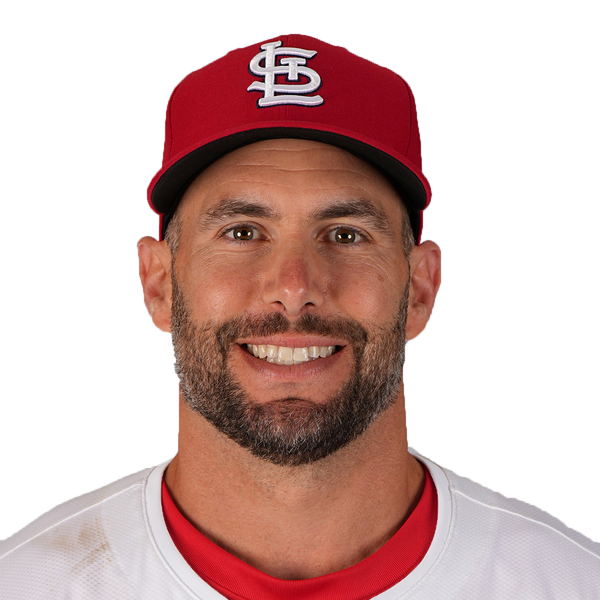

Blake Treinen
After missing most of 2022 and all of 2023 with shoulder problems, Blake Treinen was back to his usual dominant self in 2024. Between the regular season and the Dodgers’ World Series playoff run, he posted a 1.98 ERA and 74-to-15 strikeout-to-walk ratio in 59 innings, overpowering hitters with his mid-90s sinker and a sweeper that can be close to unhittable.
Treinen’s age and injury history will likely limit him to short-term deals, but contenders should be lining up to add him on a high-salary one- or even two-year deal. And they may have to get in line behind the Dodgers.
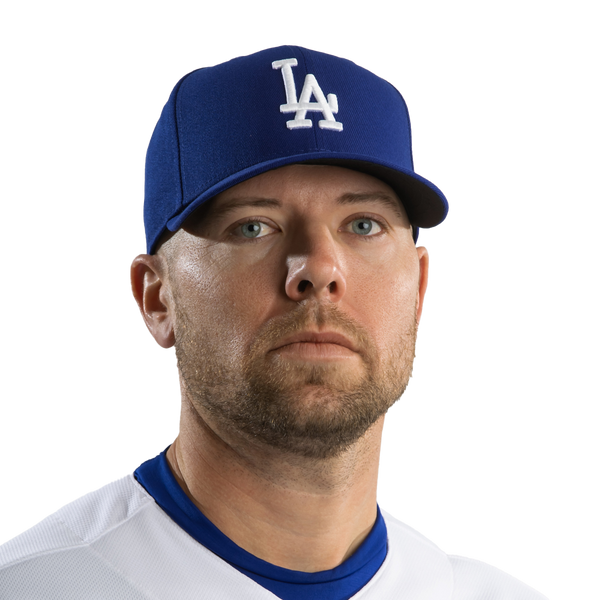

Nick Pivetta
Pivetta is a durable innings eater who can, at times, do more than just eat innings. His strikeout rate the past two years was fourth-best in the majors among pitchers with at least 250 innings, and his 4.09 ERA the past two seasons is comparable to that of Dylan Cease (4.00), Aaron Nola (4.01) and Joe Ryan (4.10). Granted, some of Pivetta’s productivity came out of the bullpen in the second half of 2023, but his best stretches have been impressive, even if they’ve been mixed with patches of vulnerability and inconsistency.
At the very least, though, Pivetta has been available. When he missed most of April with a flexor strain, it was his first extended IL stint in the big leagues. He has otherwise been healthy and capable of 30-plus starts. That half season out of the bullpen in 2023 was strong , and he was able to move quickly back into the rotation late in the year.


Kirby Yates
In his 20s, Yates was a fringe Major League reliever who’d gone undrafted out of college. In his 30s, he’s been a closer and two-time All-Star, and at 37, he’s coming off one of the best seasons of his career. Pushed into ninth-inning duty after José Leclerc struggled out of the gate, Yates finished with 33 saves and a career-best 1.17 ERA with the Rangers. He was an All-Star and finished behind only Cleveland’s Emmanuel Clase in Win Probability Added.
Walks come with the territory, but so do strikeouts as Yates generates plenty of swing and miss without extreme velocity. He turns 38 in March, so there will be some age concern, but when healthy, Yates has been a reliable late-inning arm with plenty of ninth-inning experience.


Andrew Heaney
There’s nothing particularly flashy about Heaney, but he’s become a reliable back-end starter who’s good for 150-plus innings. That alone is valuable. Over his past two seasons with the Rangers, he averaged 30 starts and a 4.22 ERA. He strikes out roughly a batter an inning, and his walk rate normalized this past season after spiking in 2023. He’s a lefty, but he hasn’t had extreme left-right splits in recent years.
At a time when even the World Series champs had to scramble for arms, Heaney’s value comes not in his top-of-the-rotation dominance, but in his bottom-of-the-rotation dependability.
He spent the past two seasons with the Rangers, averaging 30 starts and a 4.22 ERA.


Max Kepler
Kepler’s decade-long stint with Minnesota ended with a whimper, as he sat out the Twins’ stretch run with a knee injury. He finished his 2024 season with a career-worst 91 OPS+ over 105 games, down from his 120 OPS+ in 2023. Still, Kepler remains a quality defensive right fielder, despite shedding speed.
Teams will have to contend with the fact that Kepler has posted a below-average OPS in three of the past four seasons, and his once-strong plate discipline has abandoned him. His best fit is likely as a platoon bat, particularly as he has a .221/.292/.363 slash line against lefties, even as an everyday player. Minnesota has moved on, and it’s tough to imagine many contenders viewing him as more than a stop-gap option. But the mix of recent 25-homer power and a still-low strikeout rate remains somewhat enticing.


Tomoyuki Sugano
A Nippon Professional Baseball right-hander, Sugano was originally posted after the 2020 season, but he didn’t land a contract and re-signed with the Yomiuri Giants. Entering his age-35 season, Sugano is once again testing the MLB market, coming off his best year since 2020. His ERA was 70 percent better than league average in Japan’s Central League, though over the two seasons prior, he was statistically a league-average arm. That track record aligns him with other NPB-turned-MLB starters like Kaz Ishii and Masato Yoshii — so a serviceable starter, but not a front-line pitcher.
Sugano’s age will limit interest. The other concern will be his drop in strikeouts over the last several years. In 2024, he struck out batters less often than the league average in NPB, which features significantly fewer punchouts than in MLB.
A team signing Sugano will be subjected to a posting fee, paying 20 percent of the first $25 million, 17.5 percent of the next $25 million, and 15 percent of anything over $50 million, making his contract prospects dicey.
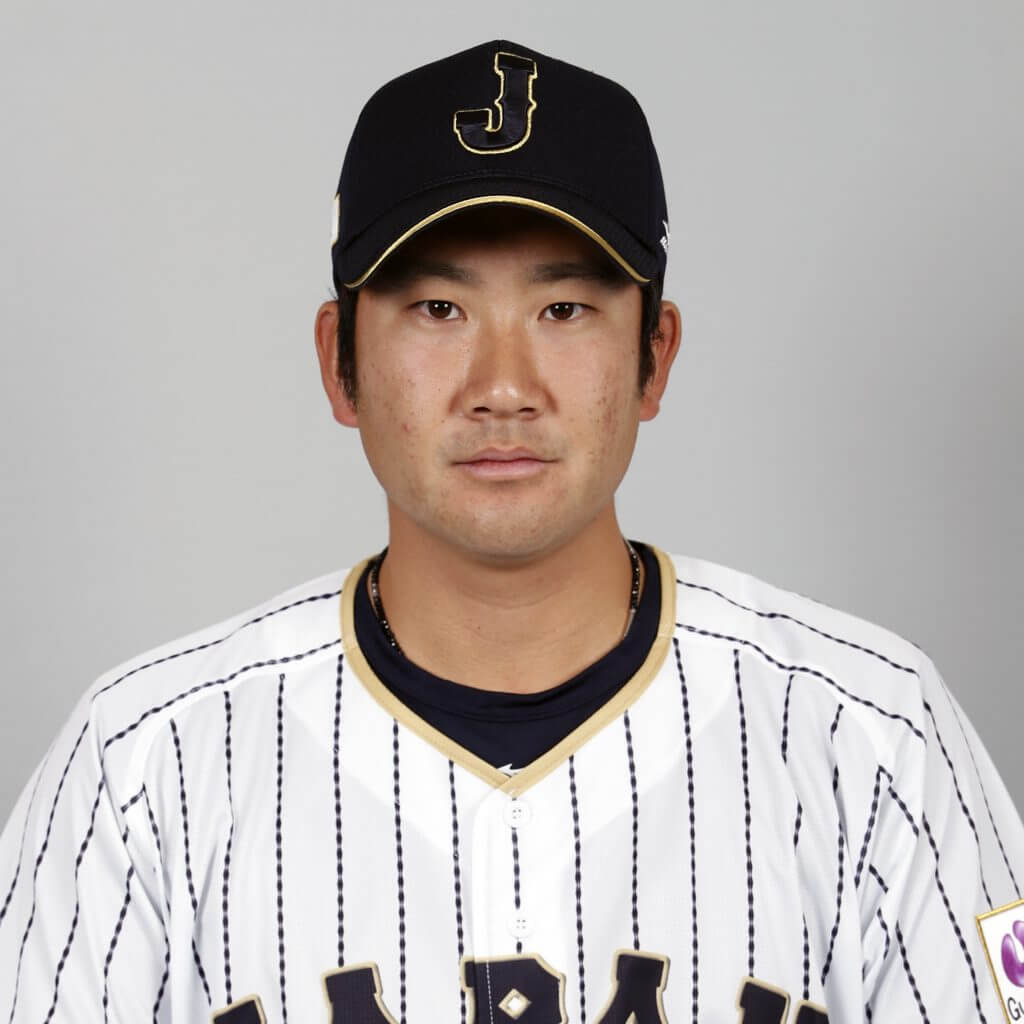

Matthew Boyd
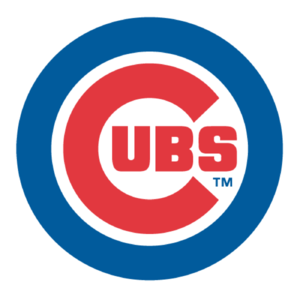
Matthew Boyd has a career 4.85 ERA and hasn’t started more than 15 games in a season since 2019, but his 11 late-season starts with the Guardians (including the playoffs) while returning from Tommy John surgery were awfully enticing. He had a 2.27 ERA with 60 strikeouts in 51 1/3 innings and was nearly all the way back to his peak fastball velocity at 91-93 mph.
Boyd can miss bats with three pitches and, for two months at least, his previous homer issues weren’t a problem. He should be swimming in one-year offers and might be able to coax out a two-year deal.
Boyd was projected to land a one-year deal worth $11 million. But he was able to land a two-year deal despite not throwing 80 innings in a season since 2019, contributing to an early batch of signings that suggest a strong demand for starting pitching. There’s lots of risk in the second year, but Chicago needed the mid-rotation depth and Boyd has more immediate upside than a typical rehab flier.
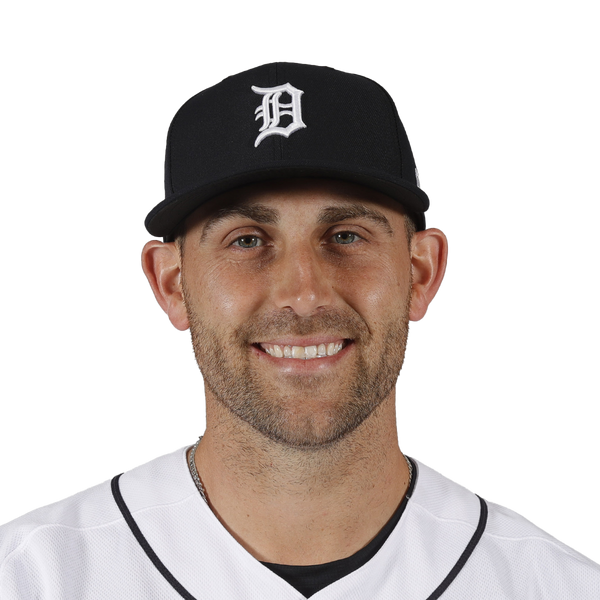

Jose Quintana
Much like the Mets as a whole, Quintana managed to turn around his 2024 season. A mid-May ERA of nearly 5.50 became a 3.21 ERA over his final 23 starts. In the postseason, he spun a pair of outings without an earned run in postseason clinchers in the Wild Card Series and NLDS.
If you’re wondering just how Quintana was able to do that, you’d be justified. Simply put, he threw fewer pitchers in the strike zone than any other NL starter. He doesn’t generate swing-and-miss, and he didn’t stop walking hitters or giving up homers, either. But he generally stays off the barrel of the bat, though it’s worth noting that his FIP was in the mid-fours, suggesting a fair bit of luck was involved.


Alex Verdugo
Verdugo was a key piece of the 2020 trade that sent Mookie Betts to the Dodgers, and initially looked like the Red Sox’s new franchise right fielder. He certainly played the part in his first season, posting a 123 OPS+ with a 12th-place MVP finish. Verdugo’s offensive production has declined every year since, including an 83 OPS+ this past season with the Yankees. He remains a good defender in the outfield corners, and he doesn’t swing and miss or strike out much, but he also doesn’t barrel the ball very often. In the postseason, he was relegated to the Yankees’ No. 9 slot, and his left-right splits suggest he might fit best in a platoon.
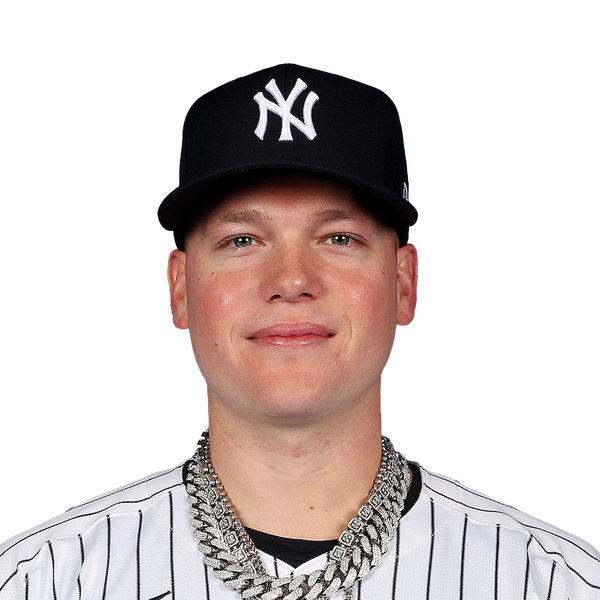

Max Scherzer
Scherzer spent parts of 2024 on the IL, first recovering from offseason back surgery, then shoulder fatigue and again with a strained hamstring. He’s made only one big league appearance since July 30, but he did pitch pretty well when active.
In all, he made just nine starts in 2024, posting a 3.95 ERA. It marked the first full season since his debut in which he failed to make at least 23 starts (and only the second in which he failed to make at least 27).
Though he turned 40 in July, Scherzer has indicated that he wants to pitch one more season, putting his Cooperstown bid on hold for the time being. His workload has meaningfully declined in recent years, and he’s surely not the 200-inning beast of his prime, but he remains Max Scherzer. We’ll soon find out what that means as he approaches his 41st birthday.


Michael Conforto
While no longer the All-Star caliber 30-homer hitter he was with the Mets a half-decade ago, Conforto had a sneaky good 2024 — his best full season since 2019. A remarkable 17 of his 20 home runs came away from San Francisco’s Oracle Park, and his OPS was 220 points higher on the road (.852 vs. .632). Analytically, he made significant strides with his batted-ball data, hitting the ball harder more often, with a big jump in barrels. Conforto still stays disciplined in the strike zone and draws a fair amount of walks. He’s hitting lefties better than ever before, albeit in a still limited sample (95 at-bats). However, his outfield defense cratered in 2020 and has never really come back, so he straddles the line between a corner outfielder and a DH.
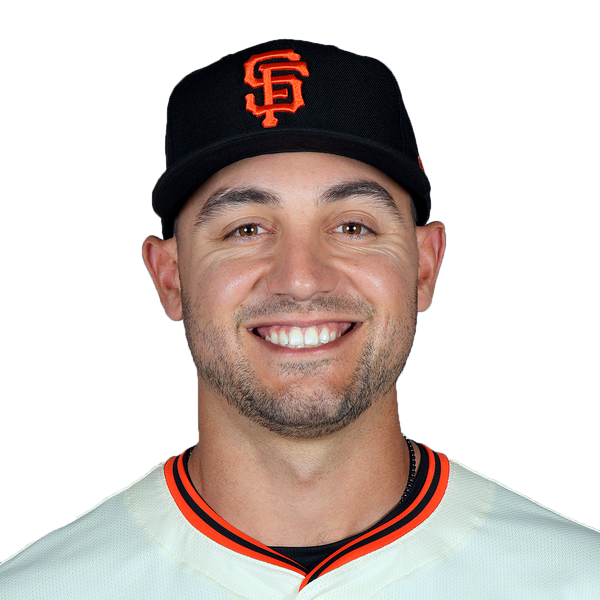

• Bowden’s rankings published Oct. 24, prior to contract option decisions.
• Law’s rankings published Nov. 1; updated Nov. 4.
(Top illustration of Juan Soto, Alex Bregman and Corbin Burnes: Kelsea Peterson / The Athletic; Photos: Scott Taetsch, Meg Oliphant, Mary DeCicco/MLB Photos via Getty Images)
